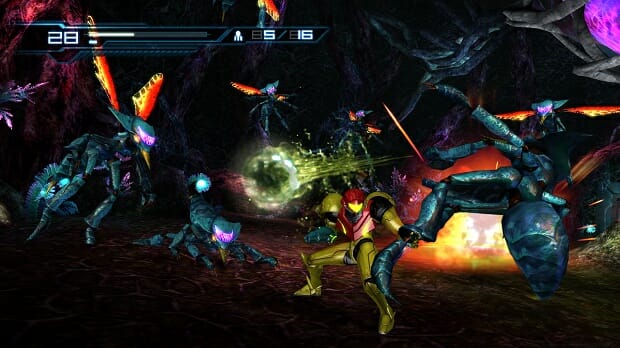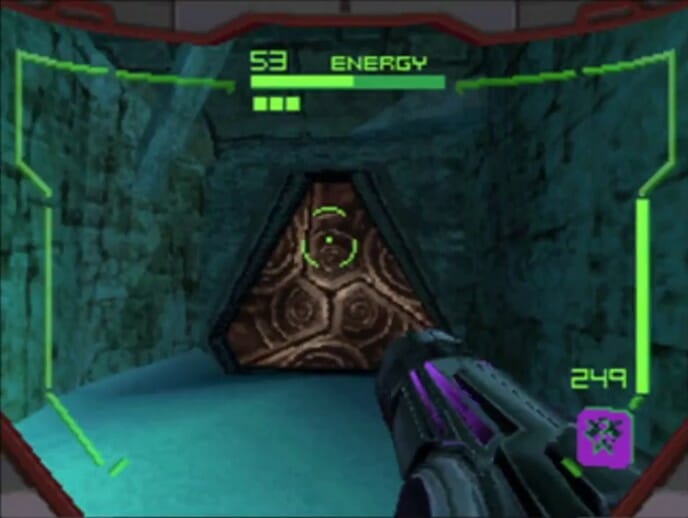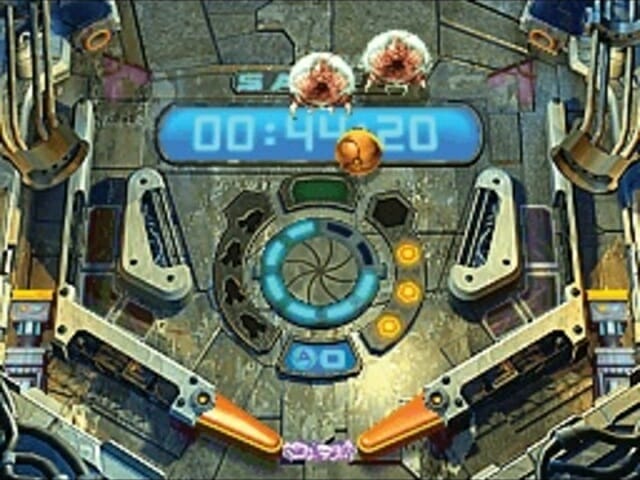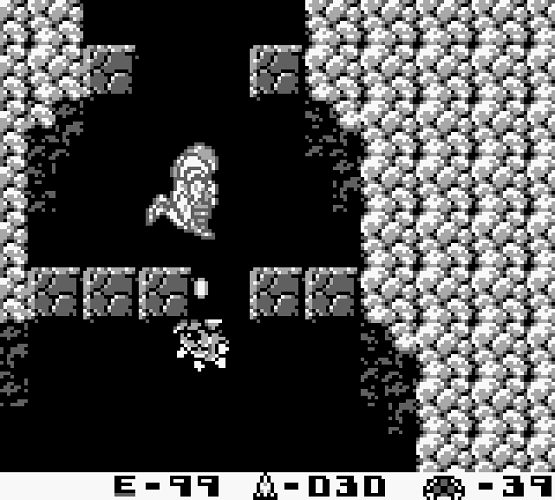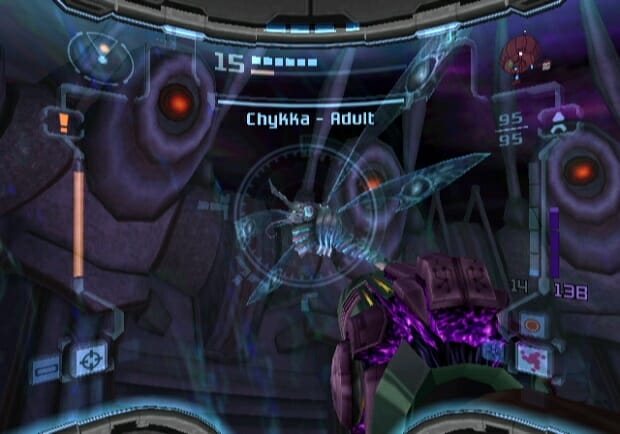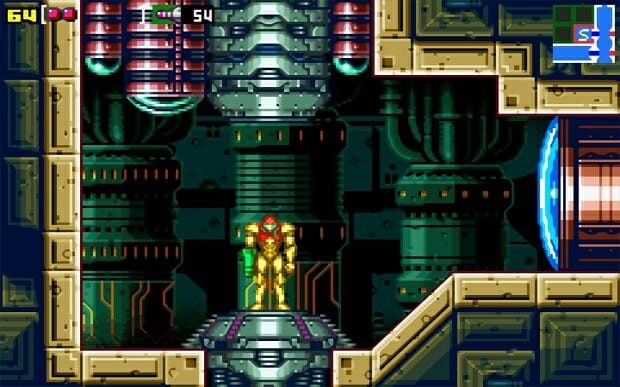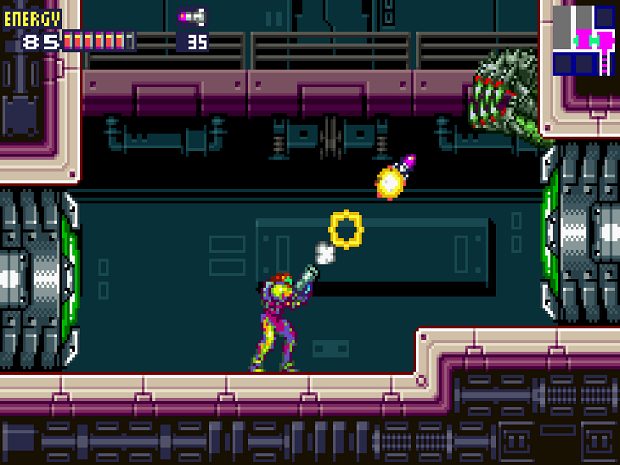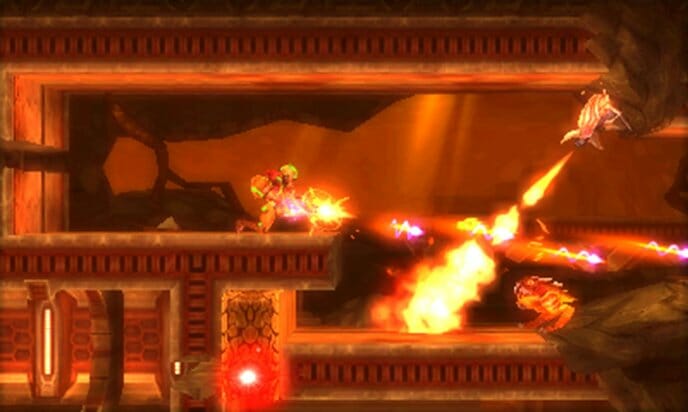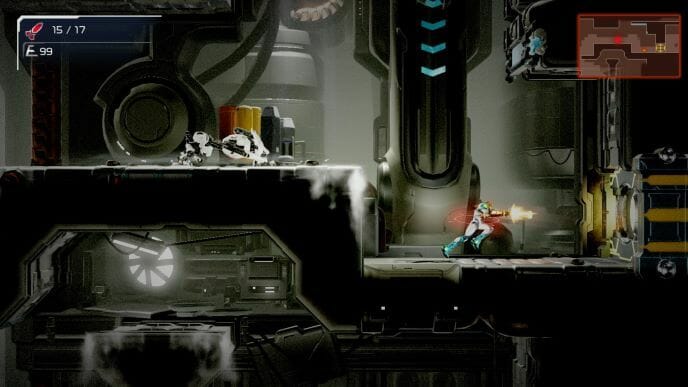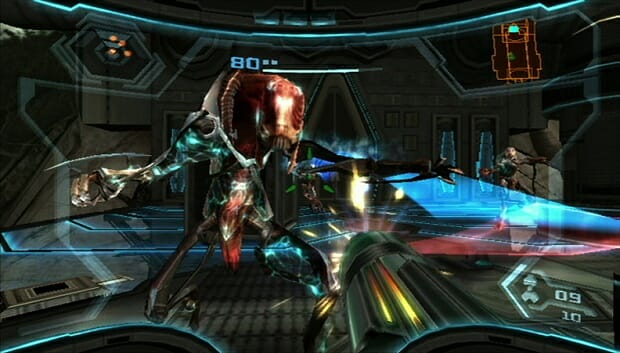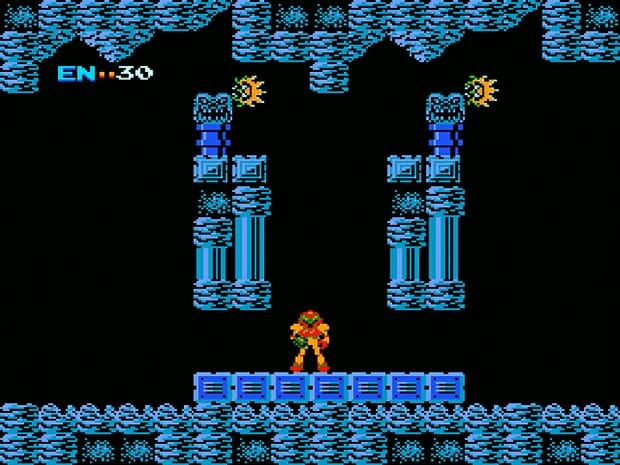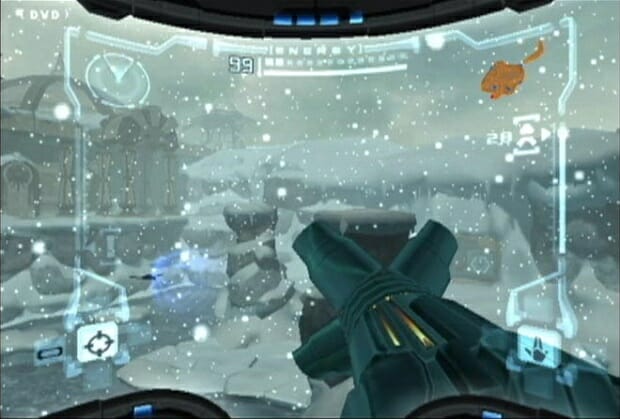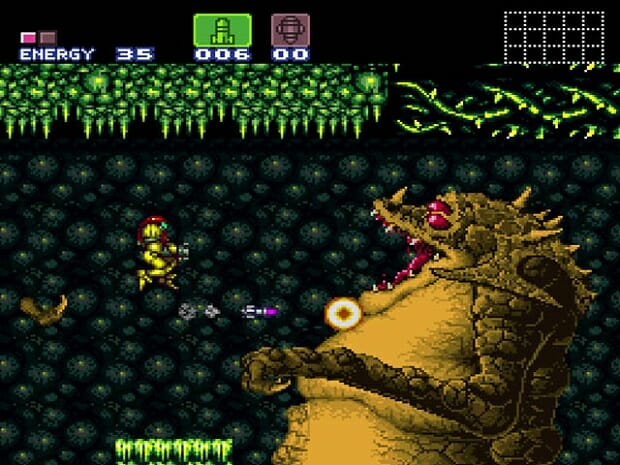Ranking Every Metroid Game
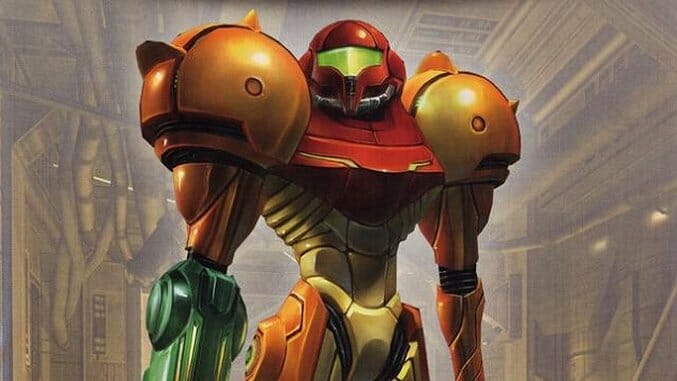
Known for a claustrophobic atmosphere, a taunting style of level design, and for featuring one of the first woman protagonists in videogames, Metroid has been a crucial part of the Nintendo family for almost 40 years. Although never quite as popular as Mario or Zelda, Metroid’s longevity and consistently high level of quality has kept it in the same conversation as those series, and it’s so influential on games as a whole that an entire genre has been named after it. It’s time to celebrate this pivotal series by ranking all of its games.
Metroid’s history is a bit more sporadic than fellow NES-era stalwarts like The Legend of Zelda and Super Mario. Mario and Link have popped up in major, defining games on pretty much every piece of hardware Nintendo has made since the mid ‘80s, whereas Metroid’s hero Samus Aran has taken a couple of notable breaks. Nintendo put the series on ice for eight years after 1994’s beloved Super Metroid, before revitalizing it with the first-person Metroid Prime series and a couple of more retro-minded side-scrolling spinoffs for Game Boy systems. Another break, almost as long, followed after the 2010 flop Metroid: Other M; Samus didn’t appear in a Metroid game for seven years afterward, and when she did, it was essentially a remake of the second game in the whole series.
It took over a full decade after Other M for Samus to return in a major new Metroid game. 2021’s Metroid Dread looked back to the game’s side-scrolling roots while creating perhaps the most frightening Metroid yet, and due to the Switch’s unique nature, it’s the first game on this list that can be considered both a console and a handheld game. Metroid has strong parallel histories on Nintendo’s consoles and handhelds, and the excellent Dread fully tied the two together.
Metroid Prime revitalized the series when it was originally released on Nov. 18, 2002, introducing it to a new generation of players and making it feel fresh and relevant again after slipping into the “cult favorite” realm. Metroid Prime Remastered, a faithful update of the original for the Switch, was one of 2023’s best games. Metroid Prime 4 has been in the works for years, and hopefully will live up to the Metroid legacy whenever it’s released. Until then, here’s every game in the Metroid series, ranked from worst to best.
14. Metroid: Other M
Release Year: 2010
Original Platform: Wii
Other M is widely regarded as the worst Metroid for a number of reasons. Instead of the silent, stoic warrior of most games, Samus is shown as emotionally fragile and conflicted as she deals with the fallout of losing the baby metroid she rescued in Metroid II. Instead of losing her various abilities for mechanical reasons, and forcing the player to gradually unlock them in a way that makes sense in the story, she’s simply forbidden from using most of her powers until her commanding officer gives her the approval. Even if you could look past those narrative missteps, though, you’d still have to contend with the game’s awkward shifting between perspectives. It’s mostly in third person, but you regularly have to slip into a first person view to target specific enemies or find hidden objects, and it often disrupts the flow of the action. It’s also perhaps the most linear Metroid ever, which counteracts the whole point of Metroid. Other M just doesn’t feel like a Metroid most of the time, putting it squarely at the bottom of this list.
13. Metroid Prime Hunters
Release Year: 2006
Original Platform: DS
Hunters suffers from a mismatch of ambition and technology. After the success of the first two Metroid Prime games on the Gamecube, Nintendo understandably wanted to make a spin-off for the DS. It was hard to make a first-person game satisfying with the DS’s control scheme, though. To compound that awkwardness, Hunters made heavy use of the handheld’s touchscreen. So not only was the game hampered by the lack of joysticks, it also asked you to pull a hand away from the buttons to occasionally tap the screen. It looked great for the DS at the time, and successfully brought the atmosphere of the Prime games to a handheld, but it wasn’t exactly fun to play.
12. Metroid Prime: Federation Force
Release Year: 2016
Original Platform: 3DS
Federation Force actually suffers from carrying the Metroid name. If it was released as a new game, without the expectations and legacy of the Metroid series, it probably would’ve been recognized as a fine co-op shooter. It’s similar to Hunters, but irons out some of the control scheme issues that plagued the earlier game, and prioritizes cooperation over competition. Federation Force was met with an extremely hostile reaction from the moment it was unveiled, though, as it replaced the regular series lead, Samus Aran, with generic space marines, and eschewed the classic two-dimensional perspective fans were hoping for in favor of the first-person view of the Prime series. It is far from a great game in its own right, but it’s marginally better than its reputation might lead you to believe.
11. Metroid Prime Pinball
Release Year: 2005
Original Platform: DS
This isn’t a traditional Metroid at all, but the way it incorporates series trademarks into a video pinball game is often very clever. Samus has been turning into a ball since the very beginning of the first Metroid, and it’s almost surprising it took close to 20 years to put her in a pinball game. It might be a goofy aside to the main games, but it’s a fun, weird game in its own right.
10. Metroid II: Return of Samus
Release Year: 1991
Original Platform: Game Boy
The first Metroid sequel deviated from the standard template slightly: instead of several distinct regions that could be accessed and explored as you collected specific power-ups, it had one big world that would gradually expand as you accomplished certain goals. Chalk that up to hardware limitations, along with the repetitive graphics and music. Metroid II felt enough like the first game to appease diehard fans who had worn out their original Game Pak, and actually had a significant impact on the story of Metroid. Its story feeds directly into the next two games in the side-scrolling, non-Prime series.
9. Metroid Prime 2: Echoes
Release Year: 2004
Original Platform: Gamecube
Echoes is a great game. That’s how good the Metroid series is: the ninth best one is still great. Compared to the first and third Prime games, though, it’s just a little bit wanting. Dark Samus isn’t distinct enough beyond the standard “evil doppelganger” enemy type, and the infamous Sky Temple keys feel like padding. It’s also really hard, even for a Metroid. It’s still a gorgeous, smartly written game that expands on the advances made by Metroid Prime.
